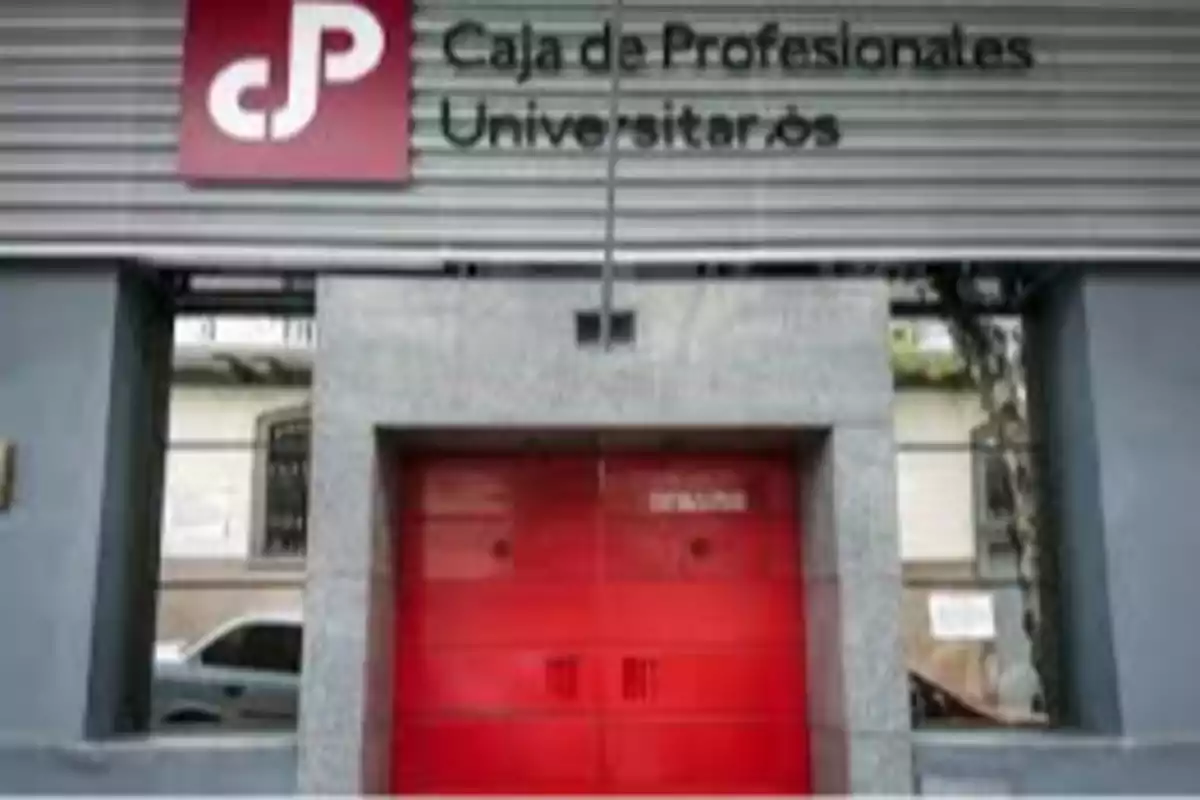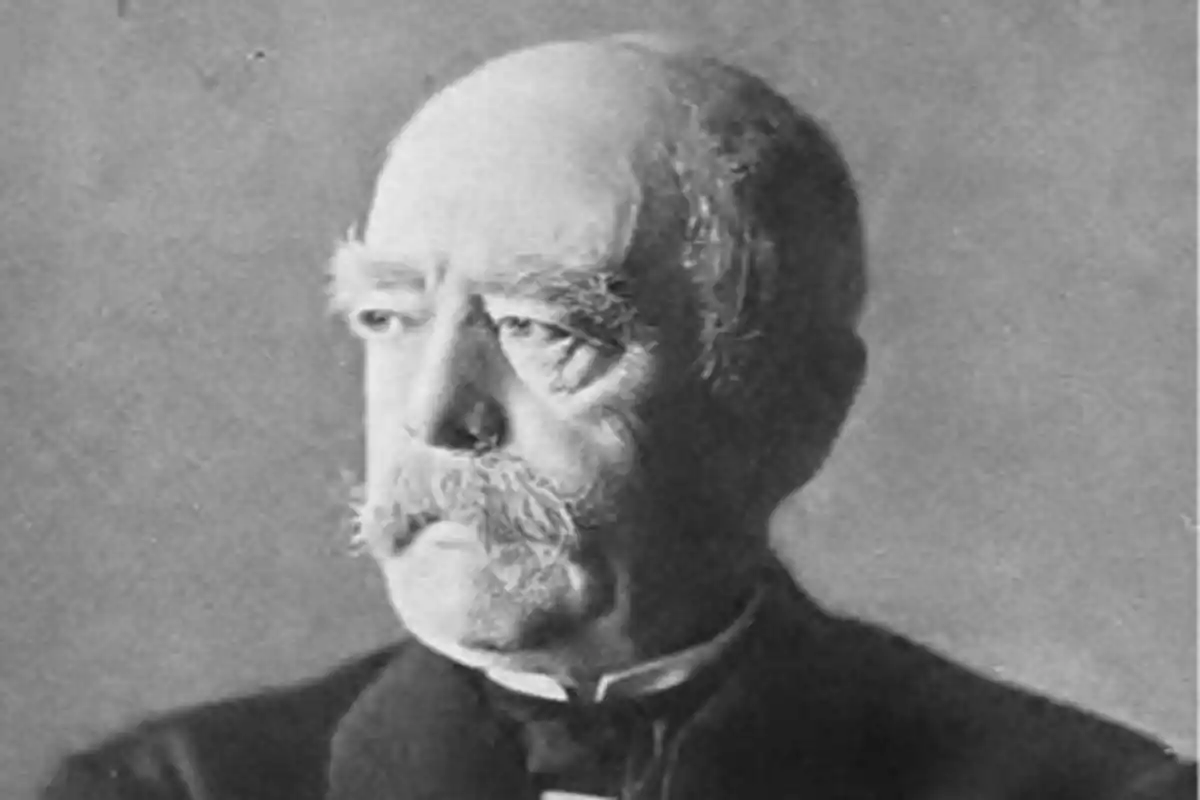
The silent scam of the distribution system
The case of the Caja Profesional exposes the outdated Batllista pension system
“The pay-as-you-go system forces one generation to finance the privileges of another. It's not foresight: it's a forced transfer.”
Ludwig von Mises
The Retirement and Pension Fund for University Professionals (CJPPU) is falling apart. The deficit is unsustainable, the reserves will last only a few more months, and the solutions being discussed in Parliament resemble a tragicomedy with a repeated script: increasing contributions, creating new taxes, and asking the State for money. The old recipe. The same result.
But this isn't just a financial problem. It's a symptom. The Fund is, in reality, a mirror of the model that gave birth to it: a statist, mandatory, and monopolized system that claims to protect professionals while preventing them from deciding their own future.
You might also be interested in: SUNCA keeps washing its hands
The question is inevitable: how did it come to this?
The answer is simple and brutal. Like so many other funds, CJPPU was conceived as a pay-as-you-go system. It doesn't save, it doesn't capitalize. What comes in, goes out. What active members contribute today is paid to today's retirees. It's a legal pyramid. As long as more people are entering than leaving, it survives. But when that reverses, as is happening now, it explodes.
Then comes the “reform.”
What does it consist of? Forcing active professionals to contribute even more. Deducting from retirees — yes, from retirees — what they already receive. And asking the State to provide money. What is the State? All taxpayers, including those who have nothing to do with this fund. In other words, punishing those who produce, once again, to sustain a failed structure.
You might also be interested in: Argentina shrinks the State and the Uruguayan left panics
From a liberal perspective, this isn't just inefficient. It's immoral.
Because there's no free contract, nor any possibility of opting out. There's coercion. The professional can't choose. He can't go to another fund, nor set up his own, nor invest on his own. He's trapped. Now, in addition, he has to pay more.
What about the retiree? He doesn't escape either. After years of mandatory contributions, he's charged again. As if being told: “thank you for participating, but we need a little more.”
Now, someone might point out that the Fund has invested part of the collected funds, and that's true. Those investments even allowed it to survive a little longer. But that doesn't change the essence of the model. Because there's no individual capitalization, no ownership over what's invested, no right for the member to choose how his savings are managed. Investments are made, yes. But without freedom. It's managed, but without consent. That isn't foresight, it's forced paternalism.
You might also be interested in: Frente Amplio's sycophants reward themselves mercilessly
The worst part is that all this is presented as a “rescue.” But it's a rescue of the apparatus, not of the people. The system protects itself. It does so, as always, with other people's money.
It must be said plainly: this isn't solidarity, it's servitude.
The solution isn't to patch up the model, but to change it at its root. What would happen if membership were voluntary? If there were competition among funds, private funds, or pension cooperatives? If each professional could freely choose how and with whom to organize his retirement?
What would happen is what occurs in any other market: better offers would appear, greater efficiency, more care for the client. Because whoever isn't forced to stay, can leave. That right is the foundation of all freedom.

Liberalism doesn't propose abandoning anyone. It proposes to stop treating people as minors. It believes in responsibility, not in expropriation. In freedom, not in fiscal obedience. In voluntary contracts, not in “reforms” imposed from above.
The Professionals' Fund doesn't need a patch. It needs an alternative. An exit. A silent revolution that returns power to where it always should have been: in the hands of those who work, produce, save, and think about their own future.
The real reform isn't a decree. It's an open door.
More posts: